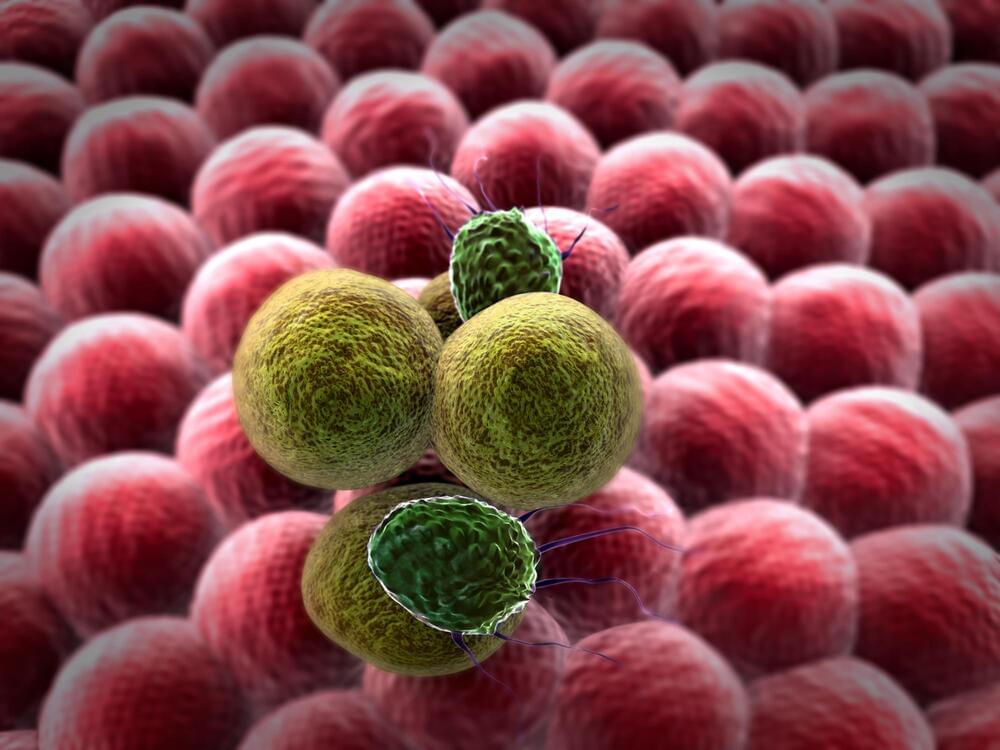Researchers in China have developed a new three-pronged method to fight liver cancer that shows promise in tests in mice. The technique combines drugs and CRISPR-Cas9 gene editing into lipid nanoparticles, then activates them with ultrasound.
One emerging treatment against cancer is known as sonodynamic therapy (SDT), which involves delivering drugs to the tumor and then activating them with ultrasound pulses. That produces reactive oxygen species (ROS) that can induce oxidative stress on the cancer cells to kill them. Unfortunately, cancer can counter this attack with antioxidant enzymes, reducing the method’s efficiency.
So for the new study, the researchers investigated a way to remove that defense system. The team suspected that they could use CRISPR to switch off a gene called NFE2L2, which cancer cells use to set off their antioxidant defenses. The team packaged both the CRISPR machinery and the ROS-producing drugs into lipid nanoparticles, which could be activated with ultrasound pulses.
